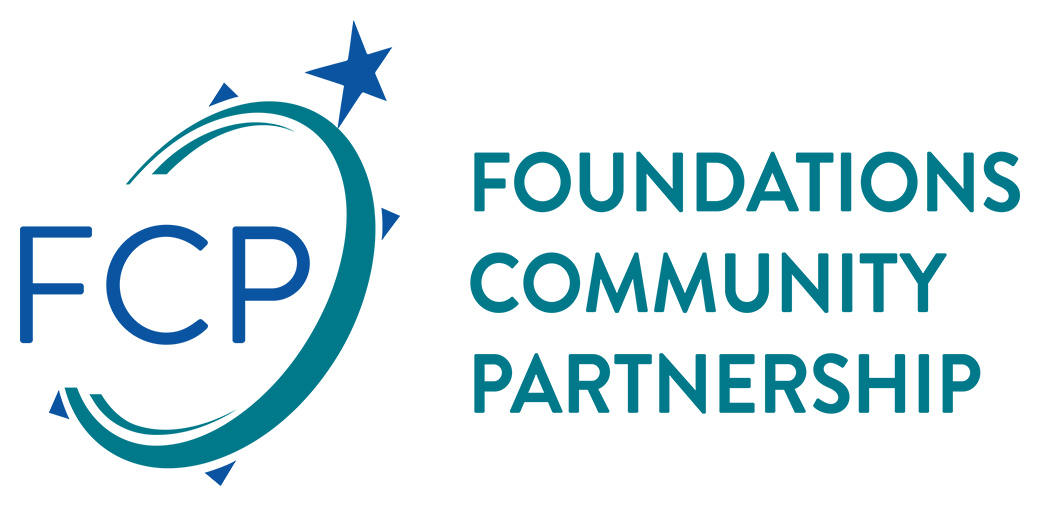Enlightening Workshop on Child and Adolescent Anxiety Today
Today’s FCP 3-hour Professional Education Workshop entitled “Identification and Treatment of Childhood Anxiety Disorders” was presented by Dr. Kelly Drake, Assistant Professor in Child and Adolescent Psychiatry, at Johns Hopkins University Hospital. The attentive audience appeared to appreciate the review of childhood anxiety, and Cognitive Behavior Treatment (CBT) for these disorders in Dr. Drake’s presentation, both the content and the style. She did a nice job of balancing research and clinical practice suggestions for this topic.
Dr. Drake met her objectives for this workshop. These included:
1. Describe factors that contribute to the development of childhood anxiety disorders.
2. Identify key diagnostic features of childhood anxiety disorders.
3. Describe efficacious preventative and treatment strategies for childhood anxiety.
Dr. Drake described the etiology, prevalence, and functional impairment associated with these disorders. Anxiety is the most common of Mental Health Disorders for children and adolescents, but it is often under-diagnosed. Many of the symptoms are physical and lead the child to a pediatrician. She said that about 10% of untreated children develop diagnosable symptoms of an anxiety disorder, and 30% to 80% have co-morbid disorders, including Depression, ADHD and Autism.
Dr. Drake pointed out that many children and adolescents with anxiety disorders are not aggressive or behaviorally disruptive, so the diagnosis is missed, despite functional impairment, including poor social and family relationships, poor school performance, developmental limitations, and intense emotional suffering. Dr Drake emphasized that there are multiple etiology explanations for anxiety disorders in children. While genetics account for about 30%: temperament, parent behaviors, learning, the extent of stressful life events, and the child’s own beliefs also contribute to development of these disorders.
The key diagnostic features of each childhood anxiety disorder that can be used to enhance identification of anxious youth were clearly presented by Dr. Drake. She mentioned that persistent anxious thoughts, physical symptoms, and anxious behaviors are the big “red flags” that deserve further assessment and evaluation by a mental health professional. Another “red flag” is parental accommodation to enable the child to escape from a potential situation that may produce anxiety for the child. Dr. Drake pointed out that parents sometimes do this to expedite a routine, such as getting the child off to school.
Dr. Drake presented a classic research study from 2009 that compared combined medication and CBT, Medication Only, CBT only, and a placebo treatment with 448 subjects at 6 universities throughout the United States. The study concluded that combination of medication and CBT treatment were most effective after 12 weeks. The study also showed that both medication and CBT alone were somewhat effect compared to the placebo. Unfortunately, Dr. Drake reported that the differences in treatment appeared to lesson over time. She pointed out that CBT techniques sometimes require “booster” sessions. She also mentioned that much more research is needed in this area.
During the second half of her presentation, Dr. Drake presented a very good overview of CBT techniques to treat childhood and adolescent anxiety. While Dr. Drake adequately addressed some empirically-supported approaches to assessment, prevention, and treatment for child and adolescent anxiety disorders, she stressed that basic rapport and therapeutic relationship building is essential to the success of these techniques.
Dr. Drake said that the manuals produced through CBT research for treatment of anxiety are not “cook books”. The practitioner must have an adequate knowledge base, training and experience in cognition, learning theory, social learning, behavior therapy, and psychotherapy before using these methods for successful treatment.
Her final treatment tips for clinicians with these patients include:
- Compassion: Parents and child are suffering — a little compassion goes a long way.
- Instill Hope: Anxiety is very common and very treatable
- Practice patience: These problems took time to develop & will take time to resolve
The FCP Professional Workshops have been excellent over the years. I need to get very picky to mention any criticism. During the break, some folks mentioned that there were a couple of people chattering frequently throughout the workshop (social conversation). This was distracting. Unfortunately, they were right behind me. Also, in my advanced age, I did not hear some of the questions. It would help if the presenter repeated each question. Finally, although this was a satisfying workshop overall, I heard some comments that it was rudimentary for the level of expertise of some in the audience, especially the first half.
What did you think?
